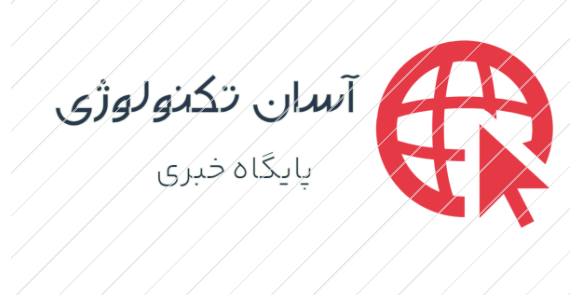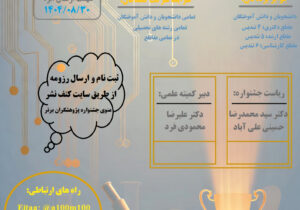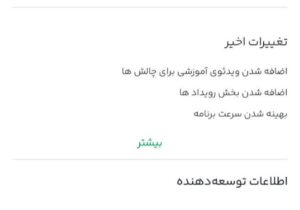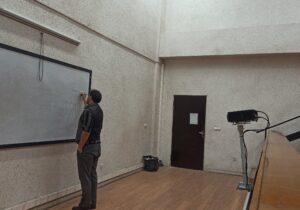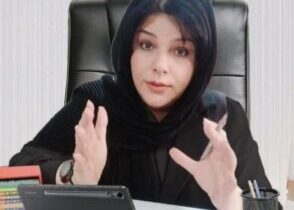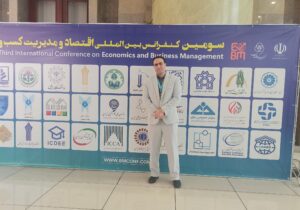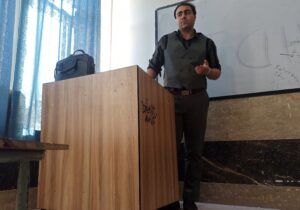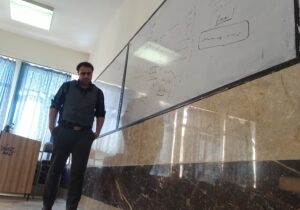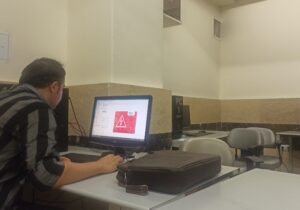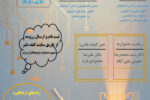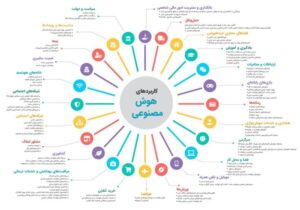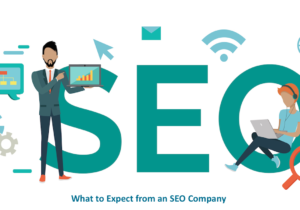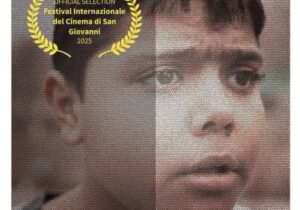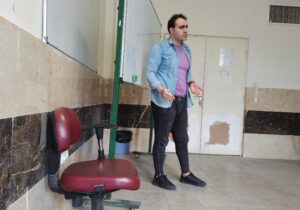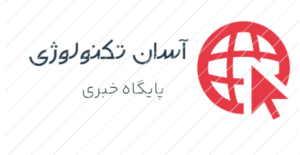Asan Technology / Crises, especially those of military conflict, are not evaluated solely by geopolitical or security indicators; rather, as profound triggers in the psychological and social realms, they can reveal the hidden layers of society and the market. The recent war between Iran and Israel was precisely such an event—a phenomenon that affected not […]
Asan Technology / Crises, especially those of military conflict, are not evaluated solely by geopolitical or security indicators; rather, as profound triggers in the psychological and social realms, they can reveal the hidden layers of society and the market. The recent war between Iran and Israel was precisely such an event—a phenomenon that affected not only the political arena but also the psychological and economic fabric of the people, placing brands and businesses before a fundamental question: What is our role at the moment of crisis?
In such situations, a brand is no longer merely an economic entity; it is summoned as a social actor to accept a moral responsibility that perhaps had not been previously defined within classic strategic frameworks. In moments when public anxiety and collective fear dominate the atmosphere, silence or opportunism by brands is not only unethical but also a sign of the collapse of their claimed identity. Conversely, every responsible action leaves a long-term legacy in the historical memory of the people.
During the tense days following the mutual military strikes between Iran and Israel, which led many families to temporarily migrate from metropolitan areas to northern regions of the country, brands operating in the tourism sector faced one of the most unique moments of ethical business testing:
🔹 Some businesses, understanding the human dimensions of the crisis, provided free services or emergency discounts, presenting themselves as socially responsible actors.
🔹 In contrast, there were brands that, by raising prices and exploiting the emergency situation, proved that their slogans during peaceful times were nothing but advertising claims.
In this behavioral dichotomy, one key criterion emerged: the commercial conscience of the brand. What brands do at such critical junctures directly enters the collective memory of society and imprints itself as a lasting document in the subconscious of the audience.
Decision-making at the moment of crisis is the intersection between economic profit and social capital; a place where the brand must choose: stand with conscience or take refuge in short-term profit.
And this choice determines not only the future of the market but also the meaning of the brand’s future identity.
Profit that does not pass through the sieve of conscience leads to the erosion of social capital; and a brand that does not stand with people in hard times will collapse in their minds.
Public trust is not a slogan; it is the result of a brand’s behavior in critical moments.
In situations such as war, earthquake, flood, or social crises, brands have a historic opportunity to prove the authenticity of their values. And if they miss this chance, perhaps no advertising campaign can rebuild that lost trust.
Ultimately, a brand is not just a name, logo, or packaging;
A brand is a social personality with a collective memory.
And this personality either shines in crises,
Or is silenced forever.
Dr. Melika Molkara
Business Theorist and Strategist
